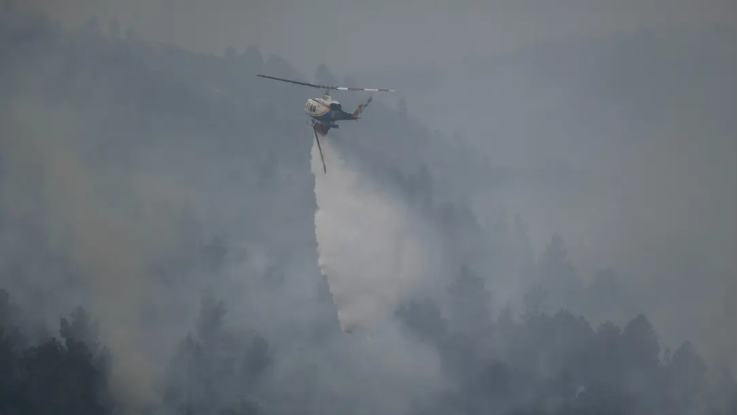Denmark Admits Role in 2011 Libya NATO Strikes That Killed 14 Civilians
Following an investigation by The Guardian, Danish news site Altinget, and civilian casualty watchdog Airwars, Denmark has announced a probe into its Air Force's potential connection to NATO airstrikes on Libya in 2011 that caused the death of 14 civilians....
0:00
/1861
Facts
- Following an investigation by The Guardian, Danish news site Altinget, and civilian casualty watchdog Airwars, Denmark has announced a probe into its Air Force's potential connection to NATO airstrikes on Libya in 2011 that caused the death of 14 civilians.1
- In June 2011, 12 civilians — including five children — were killed during an airstrike on the city of Surman; in September of the same year, a strike in Sirte killed a man and a pregnant woman. The strikes were part of a six-month-long, 10-country NATO mission called Operation Unified Protector.2
- Extracts from a 2012 document requested by the media outlets show a Danish Defense Command informing NATO that at least two Danish F-16 aircrafts 'participated in a number of the specific attacks' reported at the time by the New York Times, Human Rights Watch, and the UN's International Commission of Inquiry on Libya.1
- The document claims that while there was 'no evidence or indication that Danish aircraft ha[d] caused such casualties,' civilian death as a consequence of Denmark's participation 'cannot be ruled out.'1
- Prior to the release of documents from Denmark, none of the countries involved in the NATO operation had ever acknowledged their potential relation to civilian casualties.3
- Responding to the investigation, Denmark's Defense Ministry said it will 'assess whether the documents in question indicate that there were ramifications of such magnitude' worthy of an 'investigation...at that time within the coalition or NATO framework.'2
Sources: 1Guardian, 2arabnews.com and 3Airwars.
Narratives
- Establishment-critical narrative, as provided by AOAV. Denmark's long-kept secret has kept the families of those who lost loved ones waiting over a decade for answers. Without any nation taking responsibility for its actions, Libya has been left in the dark about who killed innocent civilians. Countries and international organizations such as NATO are not immune to the law and must become more transparent and provide greater accountability for their behavior.
- Pro-establishment narrative, as provided by Time. Although NATO operations in countries such as Libya and Syria were certainly controversial, the organization, now more than ever, remains a necessary tool for maintaining world peace. In the face of challenges to the West and the liberal international order from the likes of Russia and China, now is not the time to tear down this global defender of freedom — it's time to rebuild and maintain its presence and strength.







